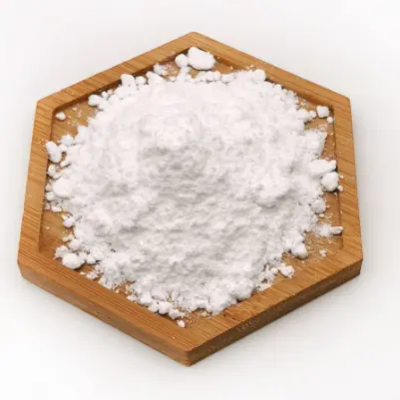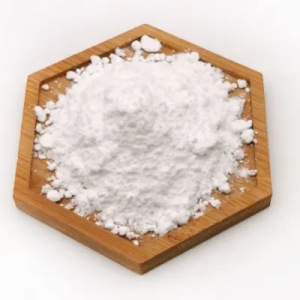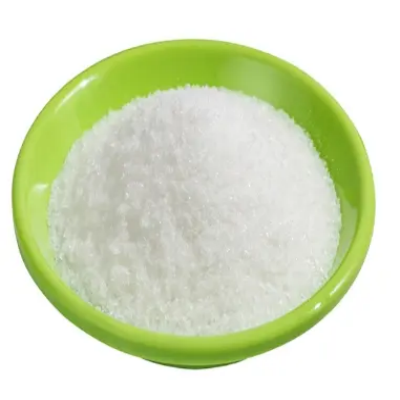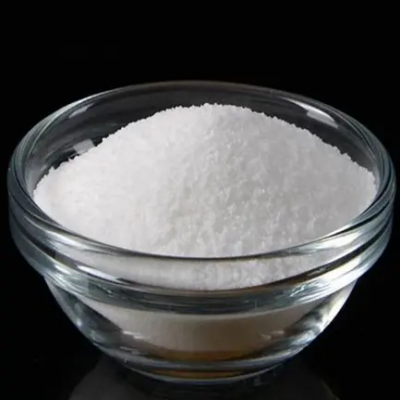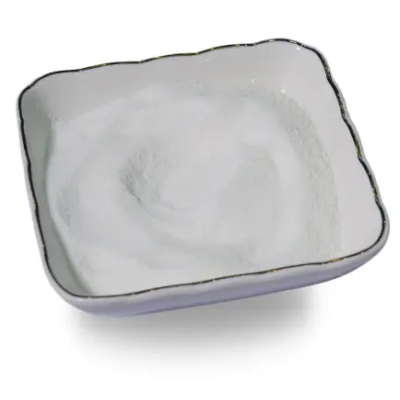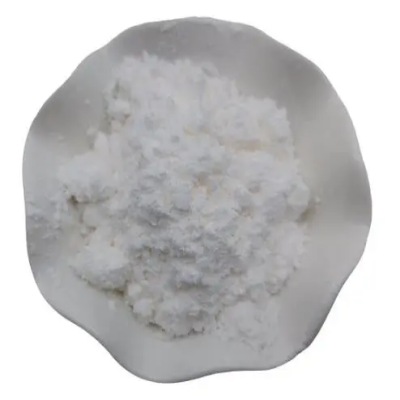2,3-Difluorobenzyl bromide CAS:113211-94-2
In organic synthesis, 2,3-difluorobenzyl bromide serves as a versatile building block for the preparation of fluorinated aromatic compounds. Its fluorine substituents impart distinct chemical properties to the molecule, enabling chemists to modify and enhance the reactivity and selectivity of reactions. Researchers utilize 2,3-difluorobenzyl bromide in the synthesis of pharmaceuticals, agrochemicals, and specialty chemicals with tailored functionalities. Applications in Pharmaceuticals 2,3-Difluorobenzyl bromide finds utility in pharmaceutical research as a key intermediate for the synthesis of fluorinated drug molecules. The presence of fluorine atoms in drug candidates can significantly impact their pharmacological properties, including potency, metabolic stability, and bioavailability. Chemists employ derivatives of 2,3-difluorobenzyl bromide in the development of pharmaceuticals targeting various diseases, such as antiviral agents and enzyme inhibitors. Role in Agrochemicals In the agrochemical industry, 2,3-difluorobenzyl bromide is utilized in the synthesis of fluorinated pesticides and herbicides. Fluorinated agrochemicals offer improved efficacy and environmental safety compared to non-fluorinated alternatives, contributing to sustainable agricultural practices. Researchers incorporate 2,3-difluorobenzyl bromide into agrochemical formulations to design products with enhanced activity against pests and weeds while minimizing ecological impact. Contribution to Materials Science 2,3-Difluorobenzyl bromide plays a significant role in materials science as a precursor for the fabrication of fluorinated materials with tailored properties. Its ability to introduce fluorine functionalities into polymers, coatings, and nanoparticles enables the development of materials with enhanced mechanical, thermal, and chemical characteristics. Scientists harness 2,3-difluorobenzyl bromide-based compounds to engineer materials for applications in electronics, photonics, and biomedical fields, driving advancements in material design and functionality. Conclusion In conclusion, 2,3-difluorobenzyl bromide emerges as a versatile compound with significant implications in organic synthesis, pharmaceuticals, agrochemicals, and materials science. Its unique ability to introduce fluorine atoms into aromatic compounds makes it a valuable tool for researchers seeking to enhance compound properties across diverse domains. The broad applications of 2,3-difluorobenzyl bromide underscore its role in advancing science, technology, and industry, contributing to the development of innovative materials and therapeutic agents with improved performance and sustainability.



| Composition | C7H5BrF2 |
| Assay | 99% |
| Appearance | white powder |
| CAS No. | 113211-94-2 |
| Packing | Small and bulk |
| Shelf Life | 2 years |
| Storage | Store in cool and dry area |
| Certification | ISO. |


